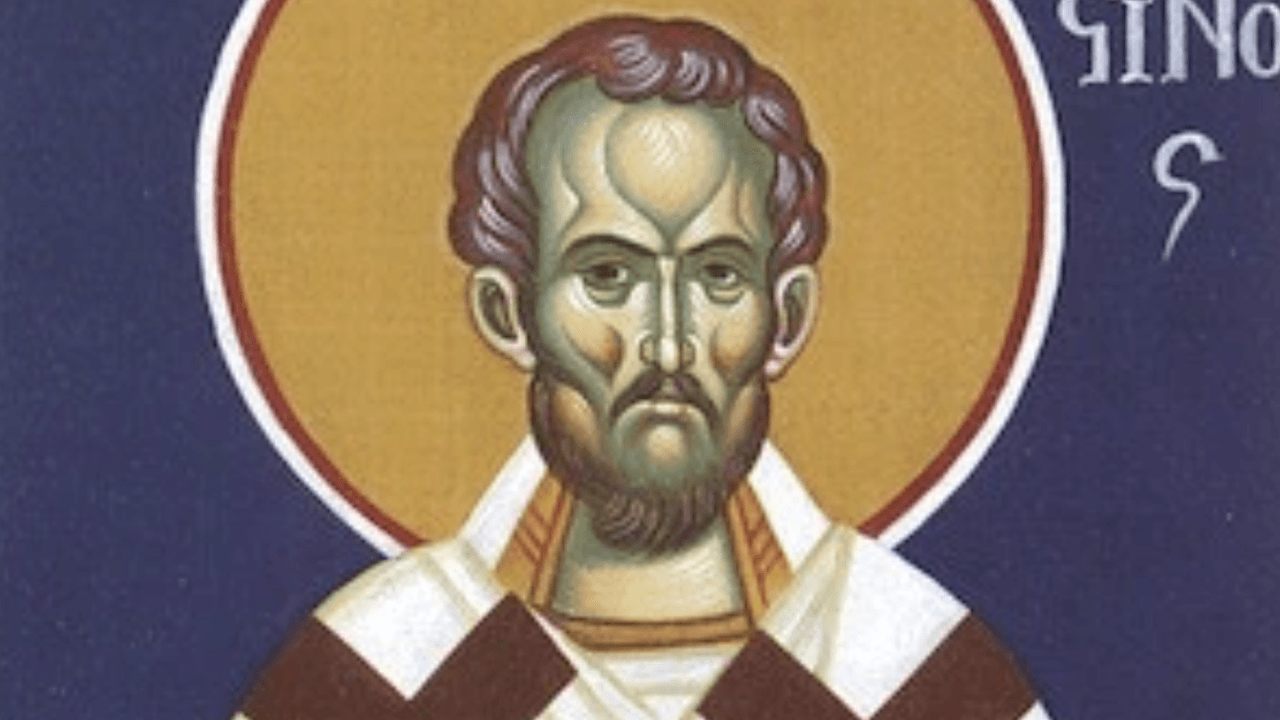Common Objects of Love
by St. Augustine of Hippo
Feast of 14,000 Infants Slain by Herod in Bethlehem
Anno Domini 2022, December 29

If we say that a people is an assemblage of reasonable beings bound together by a common agreement as to the objects of their love, then, in order to discover the character of any people, we have only to observe what they love. Yet whatever it loves, if only it is an assemblage of reasonable beings and not of beasts, and is bound together by an agreement as to the objects of love, it is reasonably called a people; and it will be a superior people in proportion as it is bound together by higher interests, inferior in proportion as it is bound together by lower. According to this definition of ours, the Roman people is a people, and its weal is without doubt a commonwealth or republic. [In section 21 of this same chapter, Augustine cites Cicero’s De Republica to define a republic “as the weal of the people” and “the people” as “an assemblage associated by a common acknowledgment of right and by a community of interests. And what he means by a common acknowledgment of right he explains at large, showing that a republic cannot by administered without justice.”] But what its tastes were in its early and subsequent days, and how it declined into sanguinary seditions and then to social and civil wars, and so burst asunder or rotted off the bond of concord in which the health of a people consists, history shows, and in the preceding books I have related at large. And yet I would not on this account say either that it was not a people, or that its administration was not a republic, so long as there remains an assemblage of reasonable beings bound together by a common agreement as to the objects of love. But what I say of this people and this republic I must be understood to think and say of the Athenians or any Greek state, of the Egyptians, of the early Assyrian Babylon, and of every other nation, great or small, which had a public government. For, in general, the city of the ungodly, which did not obey the command of God that it should offer no sacrifice save to Him alone, and which, therefore, could not give to the soul its proper command over the body, nor to the reason its just authority over the vices, is void of true justice.
The City of God, Bk. 19, Ch. 25
Contribute to Cultural Renewal by Sharing on Your Preferred Platform
In an isolating secularized culture where the Church's voice is muffled through her many divisions, Christians need all the help they can get to strengthen their faith in God and love toward their neighbor. Eighth Day Institute offers hope to all Christians through our adherence to the Nicene faith, our ecumenical dialogues of love and truth, and our many events and publications to strengthen faith, grow in wisdom, and foster Christian friendships of love. Will you join us in our efforts to renew soul & city? Donate today and join the community of Eighth Day Members who are working together to renew culture through faith & learning.









